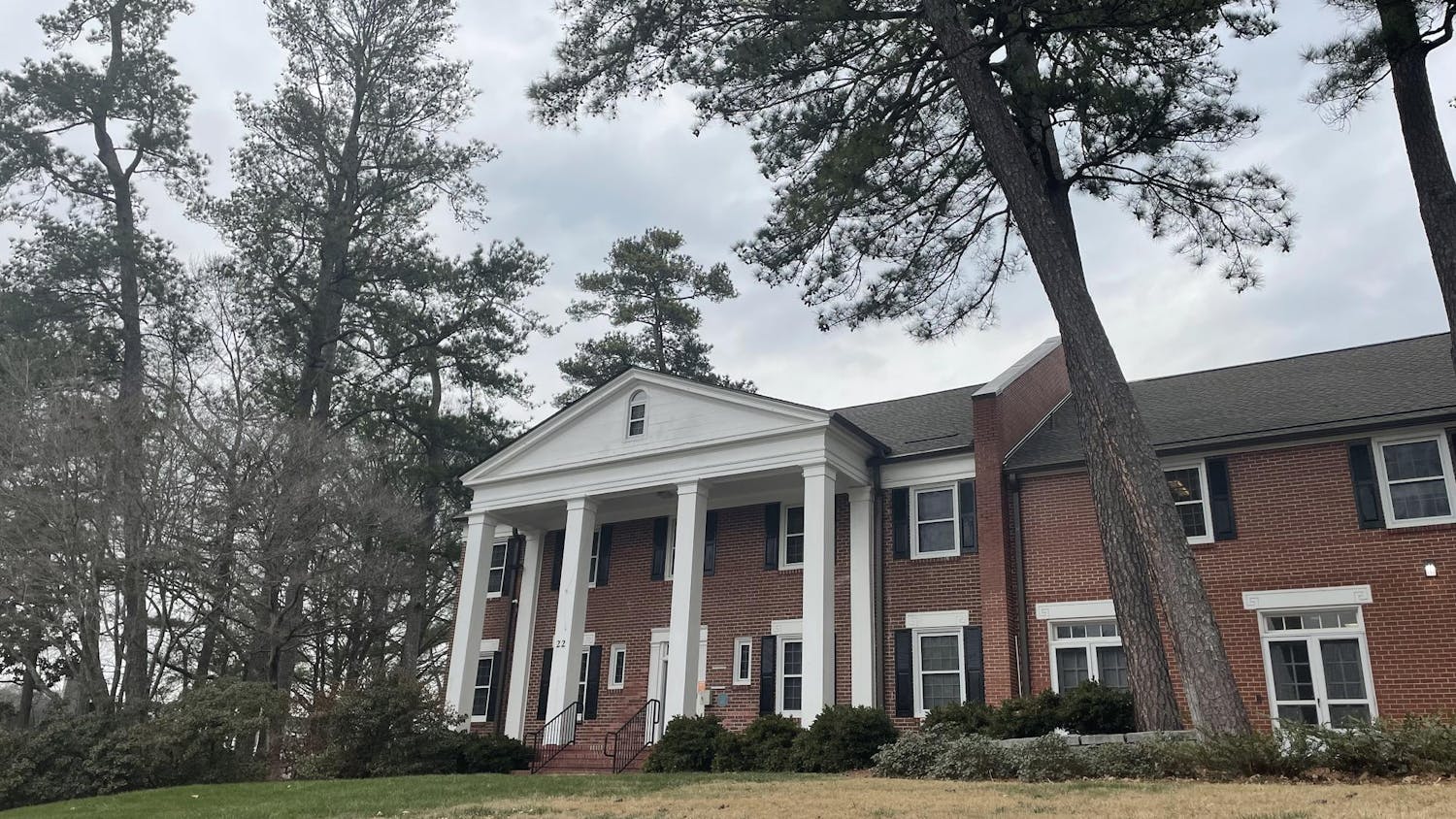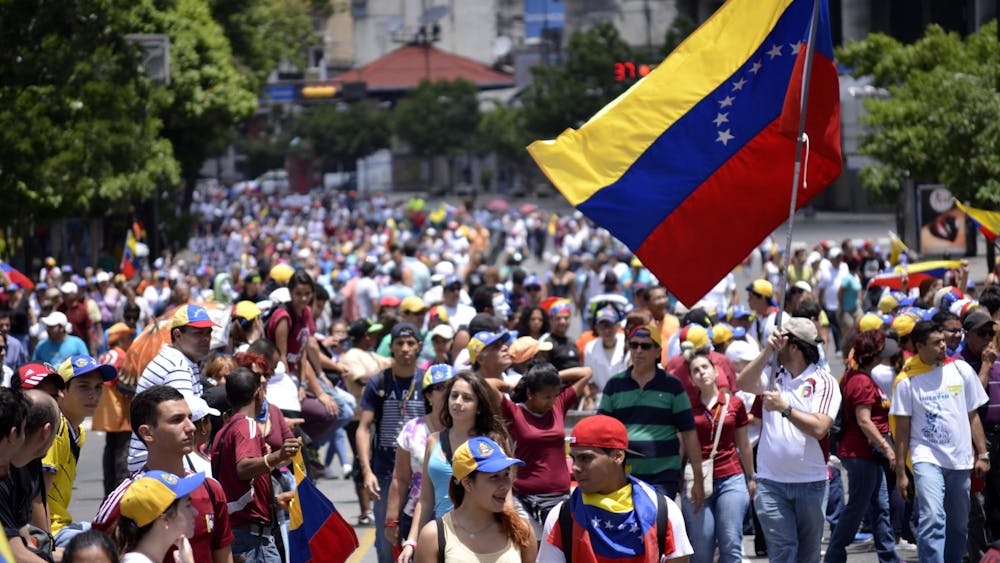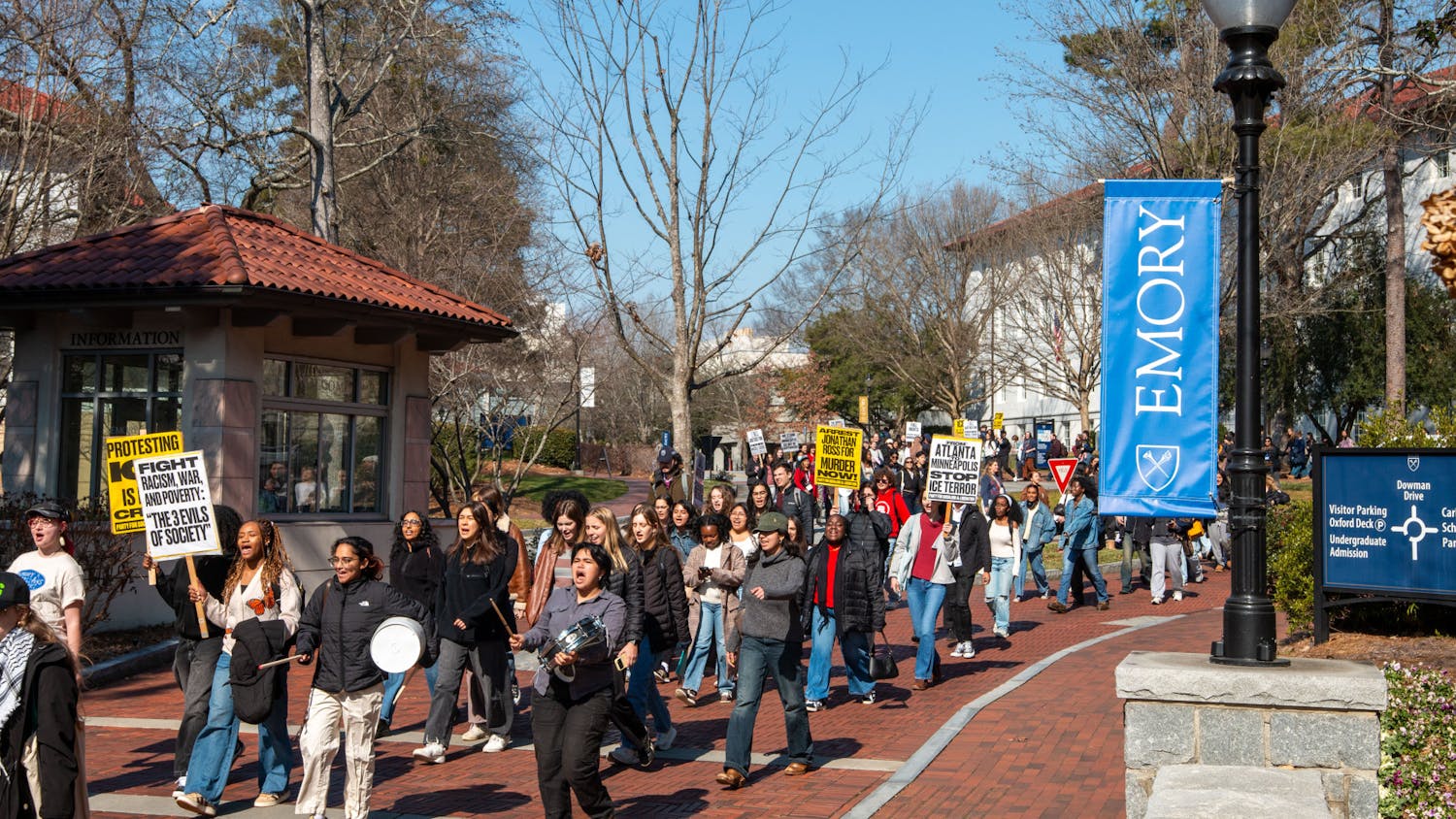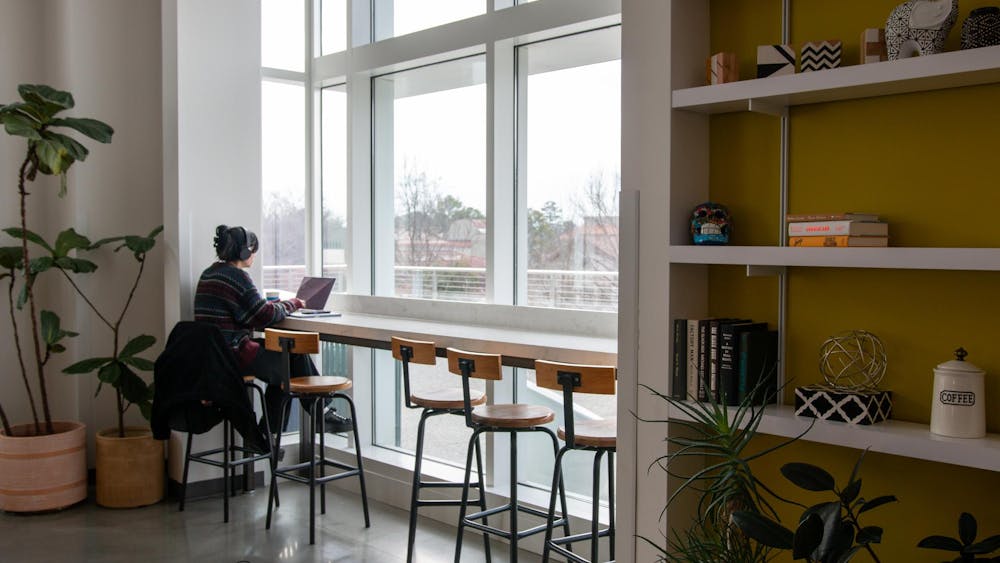
Flowers, plush toys, silence, mourning people and green ribbons are not usually associated with a protest. However, anti-Russo-Ukrainian War protesters have embraced this silent rebellion in the face of strict censorship from the Russian government. Protesters no longer take to the streets and gather with marches, signages or oral advocacy.
Although the Russian government declares the right to assembly and protest in their Constitution, they have arrested protesters for their “illegal” movements and protests following the invasion of Ukraine. Moreover, to legitimize its illegal imprisonment, on March 4, 2022, the Russian government decided to imprison anyone who contradicts Putin’s decision to invade Ukraine, even calling it a war. Silently mourning for victims of the war seems to be the safest way Russians now have to signal their protest against the war.
It is true that these protests cannot force the Russian government into making any compromise or save direct victims of the war in a short time span. Therefore, these protests may seem mild for people demanding immediate efforts to overturn Putin’s invasion. Yet the silent protests can save the unseen victims of the war: mentally isolated Ukrainians and misunderstood Russians. The world needs to hear such voices because Russians should not receive indiscriminate alienation because of their government and victims of the war should know that they have more support than advertised by their invader.
In addition to the missiles bombarding innocent Ukrainians, what makes them even more isolated is the faint voice of support from the outside. The likely fake Russian polls that show majority support for the war further stifle hope for Ukrainians, creating an illusion that Ukrainians are antagonized by both Russian authority and Russian society. It also invites hostility toward Russians at home and abroad, no matter their political stances; Russian citizens are confronted with constant questions about their identity, conscience and motives. People assume that those from such a nationalist country as Russia do not support peace and human rights, and even if they do, they should abandon the Russian language and culture to show their disobedience to the Russian ideology.
“We will not get rid of [the negative image projected on Russians] for many years to come. And our children and future generations won’t get rid of it, either,” wrote Russian journalist Katerina Moiseeva. Russian individuals, particularly those who are against the invasion, will suffer from contempt and misunderstanding for countless generations. The stereotype prevents the entire world from reflecting properly on the war and fosters antipathy against Russian citizens.
Victims of the war are thus ignored. Their “wounds,” though no less painful, are less represented and understood by the larger global society. With silent protests, the anti-war voices in Russia do not have to disappear every time they sprout, and they finally have a chance to spread solidarity and hope.
Furthermore, the silent protests invite a more thorough reflection on the war. While standing in front of monuments and laying down flowers and soft toys, protesters have the time to filter painful, angry feelings. They can focus on the current moment, pay respect to the victims and reflect on how the Russian government reached this state. Under the disguise of Putin’s propaganda that the invasion is a special military operation, it is important to understand Putin’s true intention to deny Ukraine as a state in addition to his worry that Ukraine will join the North Atlantic Treaty Organization. Historically, the war solicits reflection upon the long-standing division between Russia and the West. Reflections may not stop the current war, but they can prevent future conflicts.
What’s more, silent protests are likely to last longer as they are not prone to censorship. More sustainable silent protests invite global protesters to slow down, reevaluate the power of an alternative form of rebellion and listen to the voices of protesters who are threatened or underrepresented. In China, protesters against the Chinese Communist Party fear yelling out in street protests due to possible imprisonment. Similar fears continue in Iran, where people are protesting against political repression and censorship. Even in the United States, where the right to assemble and protest is guaranteed by the First Amendment, fears surrounding being photographed and reported also bring on a dilemma for those who advocate for social justice. Silent protests, on the other hand, offer a more private and personalized form of protest. Thus, the right to join “louder” protests shouldn’t be taken for granted, and the power of silent and more mild protests cannot be ignored. When threatened by political censorship, media exposure and the mental pressure of standing out in an enormous crowd, silent protests are a safe channel to deliver the sound of human rights.
Recently, Emory University students silently protested by holding a vigil for an activist who was killed by police while protesting against Atlanta’s Cop City, a planned $90 million police and fire department training center. At the scene of the vigil, students laid flowers and candles and designed signage that both mourned the victim and signaled protest against Cop City and the violation of human rights. The protest didn’t involve public demonstration or confronting authorities, but it has a reflective power that can comfort and educate citizens about public traumatic events, shedding light on a future with more solidarity.
As a newcomer to the U.S., I initially felt shocked and scared upon learning about the news. Yet the vigil offered me a chance to learn about the Cop City development, gather support from fellow students and reflect upon the disaster. I gained more control of my feelings and was educated on other similarly traumatic and political incidents.
Silent protests are powerful enough to reestablish the connection implicit victims deserve through mainstream reporting, potentially mending the fractured hope of Ukraine’s future. Silence should no longer be seen as a sign of timidity or a second choice. It is an equally respectable form of civil disobedience.
Amiee Zhao (24Ox) is from Shanghai, China.









